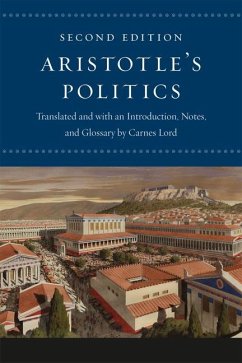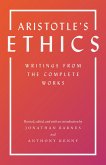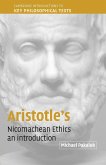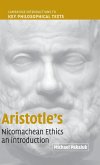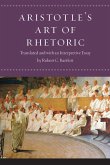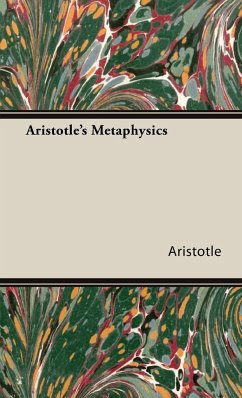Presents an account of the author's life in relation to political events of his time; the character and history of his writings and of the Politics in particular; his overall conception of political science; and his impact on subsequent political thought from antiquity to the present.
Hinweis: Dieser Artikel kann nur an eine deutsche Lieferadresse ausgeliefert werden.
Hinweis: Dieser Artikel kann nur an eine deutsche Lieferadresse ausgeliefert werden.

